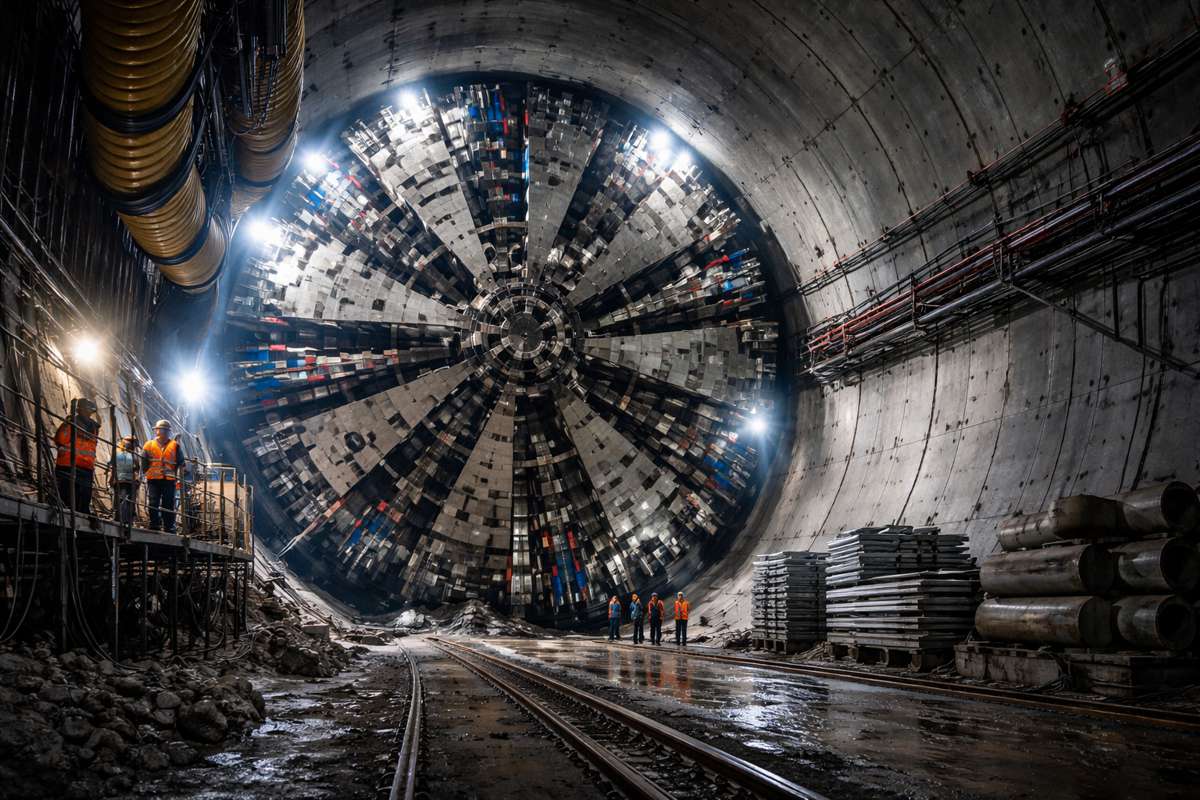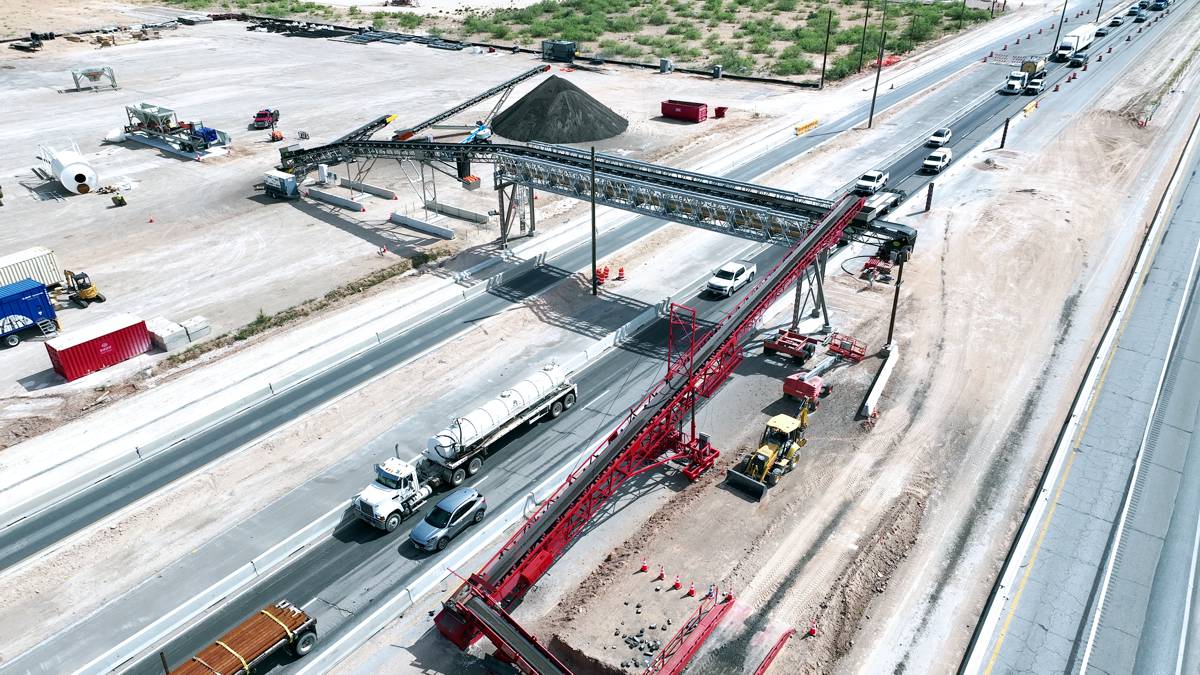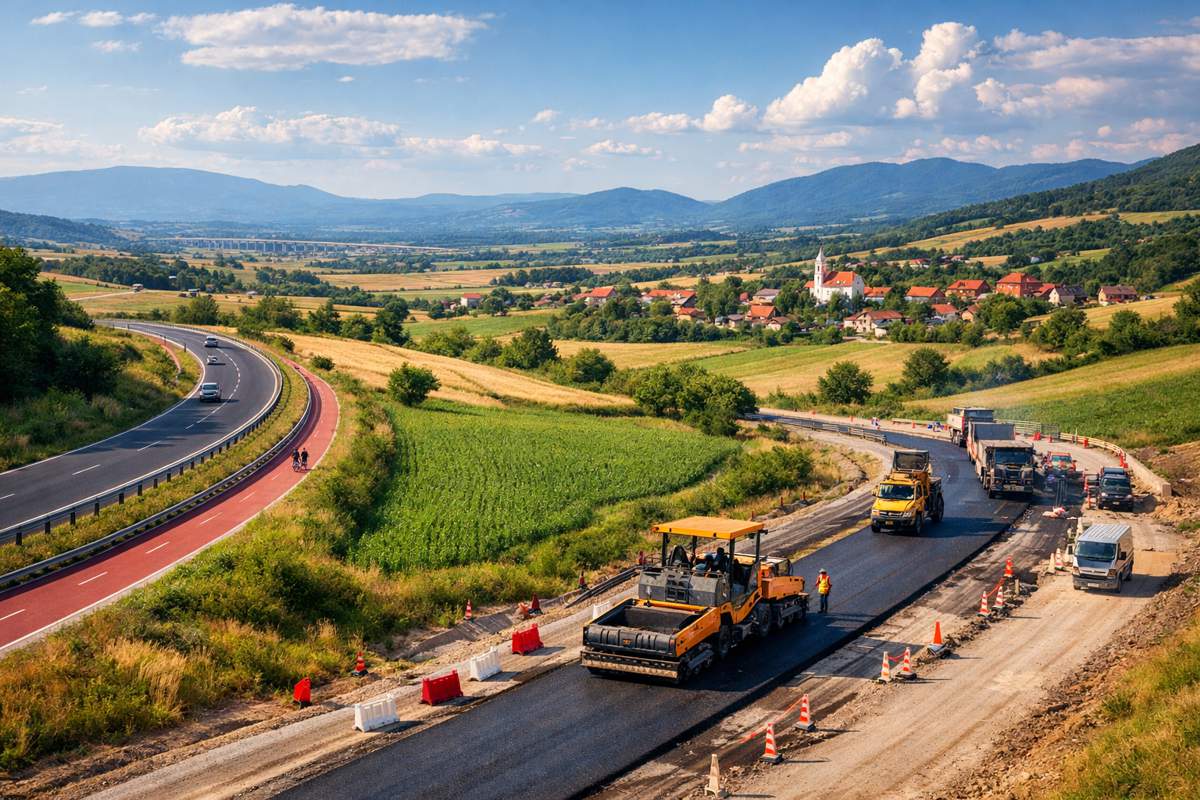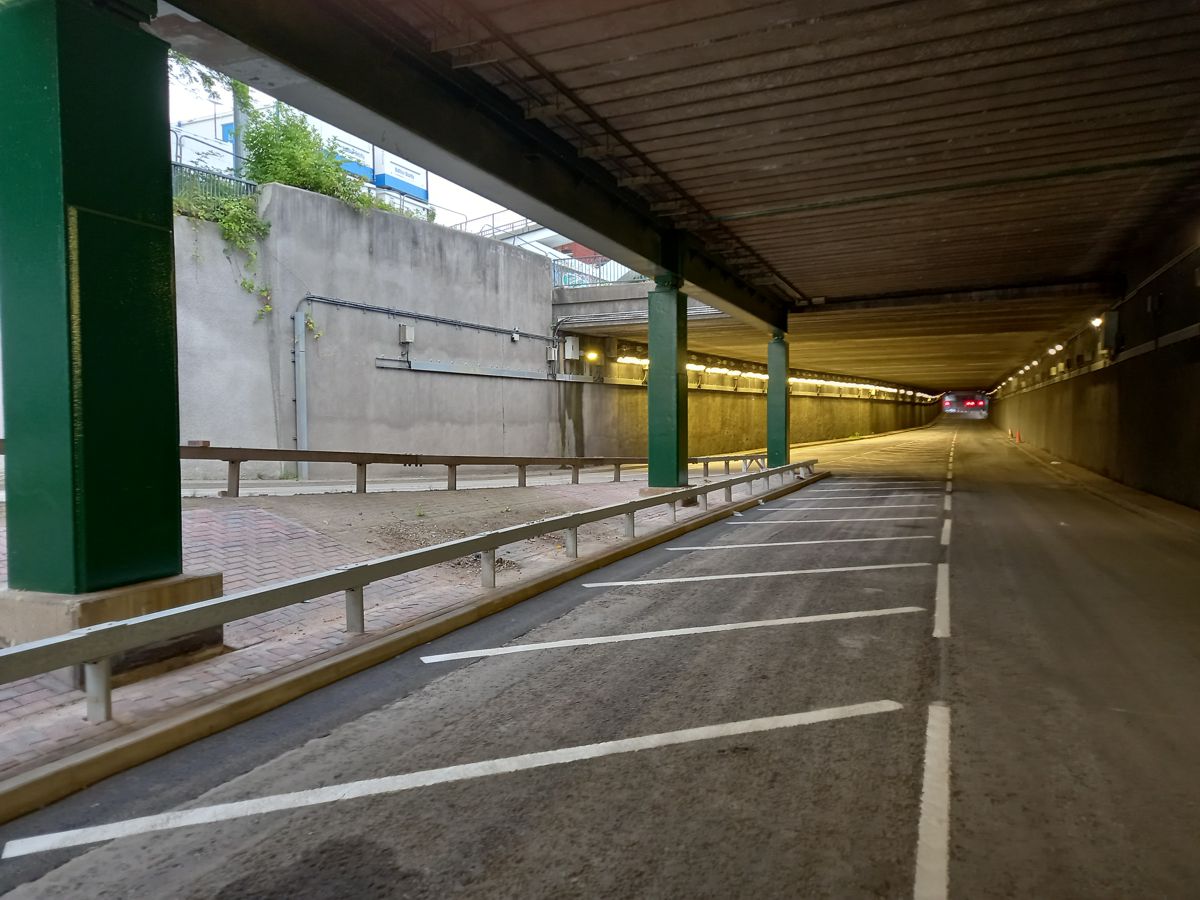Self-Driving Cars and the Highways Industry
Autonomous cars are coming to a road near you
Self-driving cars and trucks are now a reality, moving from the test-track on to our roads. Volvo, Mercedes, BMW, Tesla and other car manufacturers are investing heavily in the new technology and are integrating self-driving features that give vehicles the ability to drive themselves.
The basic definition of a self-driving car is one that has features which allow automated acceleration, braking, and steering of the vehicle’s course with minimal or no driver interaction. It is estimated over 10 million self-driving cars will be on the roads by 2020.
Self-driving cars will save lives
With radar, multiple cameras and lasers for their eyes it is envisioned that these highway robot’s will help to make our roads much safer.
Globally car crashes kill an estimated 1.3 million people every year, that’s more than 3,000 people every single day. KPMG estimates that self-driving cars could reduce this to just 500 deaths by 2030.
Can our roads support self-driving cars?
The technology for self-driving cars is still in its infancy and only functions in ideal road and weather conditions, which include properly paved and well maintained roadways with clear road markings and clear and appropriate signage and this is the biggest stumbling block for the self-driving car industry. Well maintained carriageways are vital if these vehicles are to drive between the painted lines.
The US Transportation Department estimated in 2015 that 65 percent of American roads were in “poor” or “mediocre” condition. Elon Musk, the CEO of Tesla has already condemned the state of Americas roads and a report by the American Society of Civil Engineers in 2011 gave the US road network a D+. According to Reuters, at the Los Angeles Auto Show, Lex Kerssemakers the CEO of Volvo North America said “You need to paint the bloody roads here!” and commenting on their autonomous car “It can’t find the lane markings.”
While the USA and Europe may lead the way in their transport infrastructures with sophisticated motorway routes, away from these arteries they clearly have major issues that make large areas inaccessible to self-driving cars.
For the developing world where dirt roads are more commonplace the infrastructure just could not handle these autonomous vehicles.
Road Construction and Autonomous Cars
For highways workers, self-driving cars will bring a new safety element to their jobs as no autonomous car made today could understand a construction workers gestures to signal a car to simply stop.
Contractors will have to adapt to this new technology, possibly requiring road workers to carry electronic devices to make them visible to autonomous cars, traffic lights might be WIFI enabled to communicate with cars. Construction plans might be required to be filed in advance and construction zones would need to adopt very strict working practices.
A silver lining for the highways industry
Self-driving cars and trucks are a fact; they are driving on our roads now and will evolve into a major part of our world’s transport and freight economy.
The upside for the highways industry is that all our roadways must meet a high standard to cope with the new demands. The pavement will have to be perfect and well maintained, potholes will have to patched immediately and lines will have to be kept crisp and sharp. Road furniture must be well maintained and signage clear, clean and well placed.
While self-driving cars may be revolutionising the car industry the knock-on effect for the global highways construction industry worldwide is going to be massive.





























